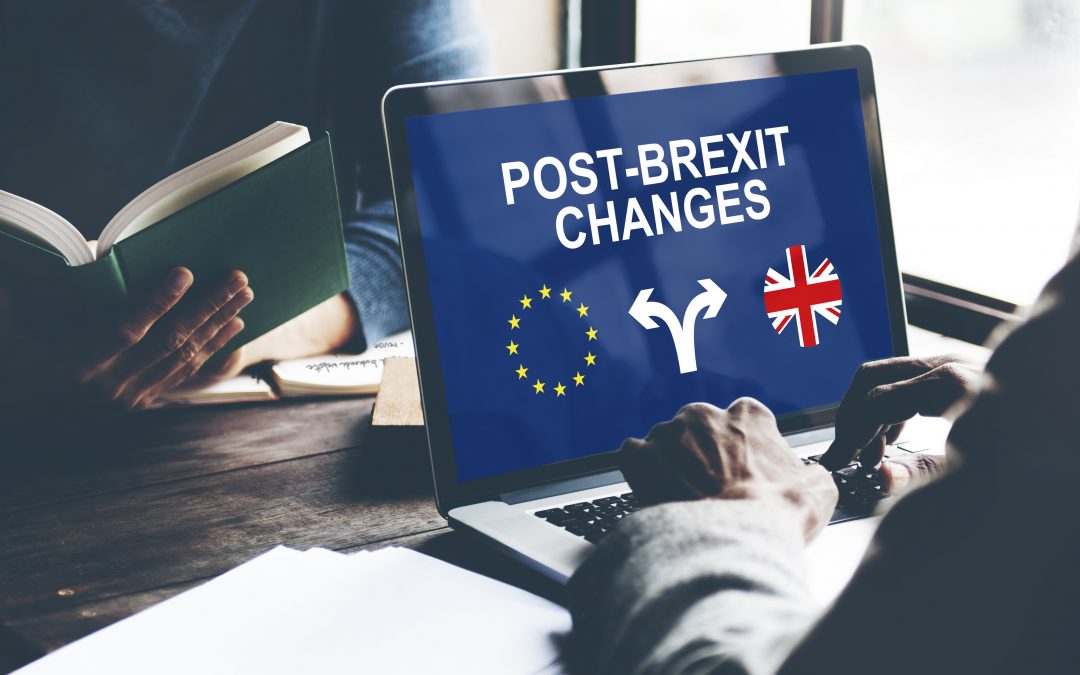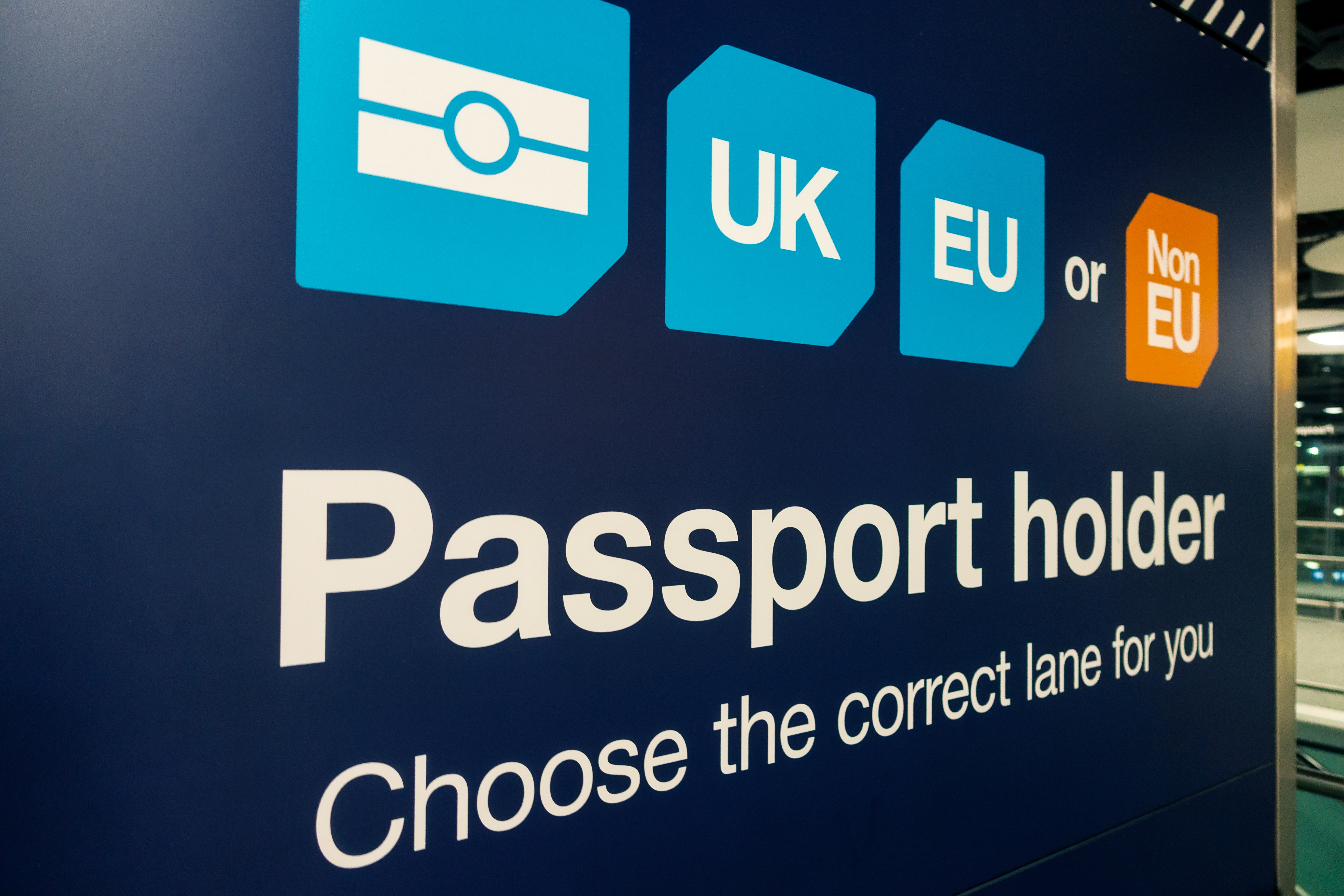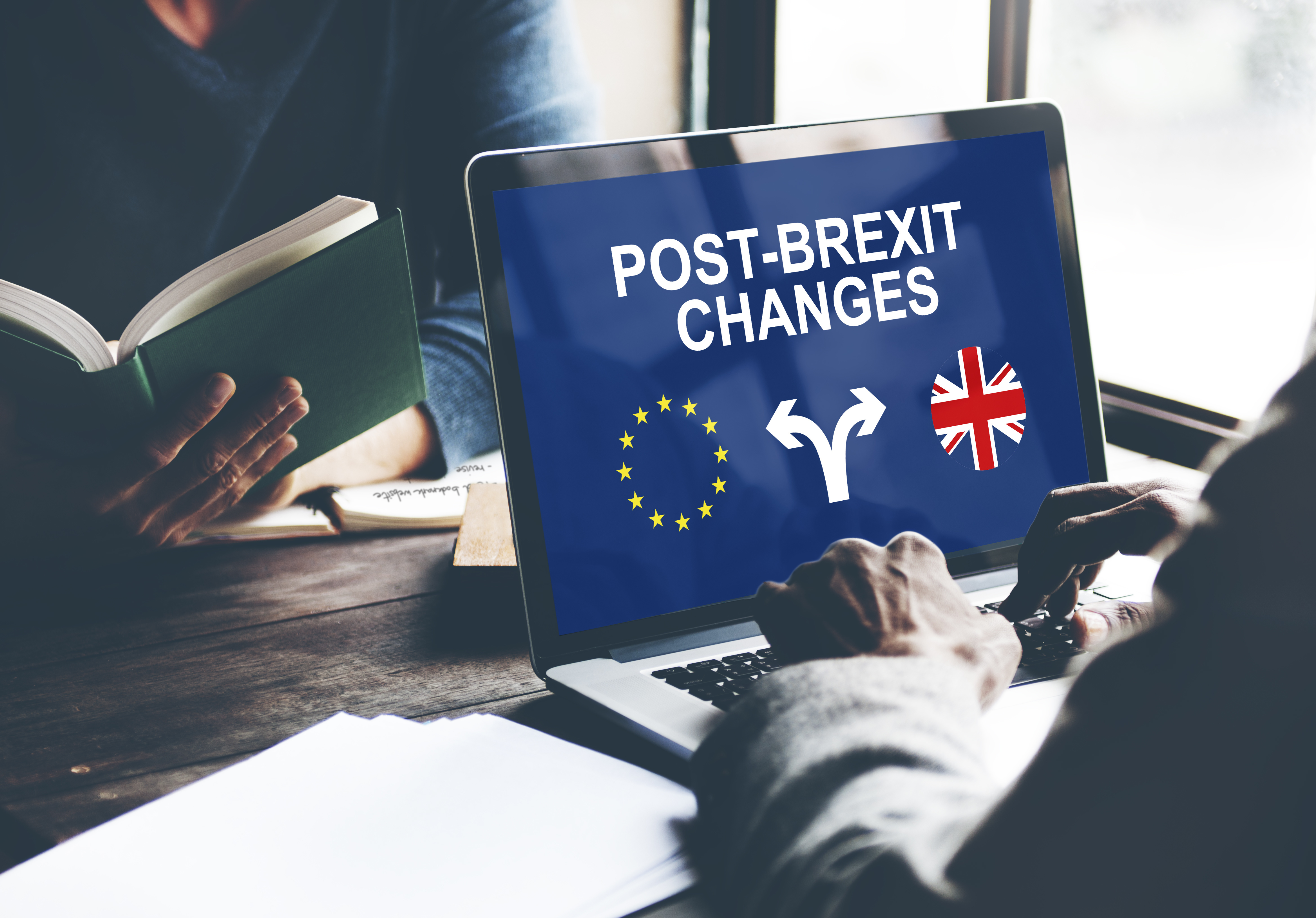Unless you have been cryogenically frozen and have only recently been successfully thawed you will know that the UK has now completed Brexit and as of 31st January 2020 is no longer officially part of the European Union, the question to answer is now “Is your business ready for post transition Brexit?”.
We are in a transition period until 31st December 2020 as negotiations take place to determine what Brexit means in terms of:
- import and export taxes
- VAT relief (such as low value goods)
- the processing time of excise based goods
- conditions and terms of movement through RoRo ports
- freedom of movement of nationals
- passport checking and border patrols
If, as currently expected the EU do not offer a preferential position such as that in place with Canada, there could be serious implications for businesses in the UK who currently rely on European export channels, tax relief on goods and services or EU suppliers.
So what are you doing about transition?
It is imperative that business leaders and companies don’t adopt a Shaun of the Dead position and “head to the Winchester, have a nice cold pint and wait for this all to blow over”.
At the very least you should be looking at your exposure risk. Based on the various reports and rumour mills, we can as business leaders look at Best, Worst and Probable outcomes. As part of this we should be projecting what each tax variation would mean to our costs.
The likely outcomes to this are going to be:
- minimal impact due to quantities involved
- cost of suppliers and delivery times increase
- cost of export raises significantly
- will our drivers need new insurance, new contracts or more hours to cover increased border checks and declarations
There will be a bigger market once Government opens new trade routes!
Though it is fair to say that additional markets could open up following the governments efforts, we do need to be mindful of the ever rising cost of this transition period.
Even with trading routes in place with the US, Canada, Asia and Australasia the same considerations apply with respect to the cost of goods and the level of “seamless” process to allow entry into the respective countries.
Visa applications are unlikely to add too much additional time to the process, however they are still to be factored into recruitment and employment policies.
Am I going to lose customers?
At this stage it is hard to provide a clear view on this. However, if the price of materials and labour increases, business leaders will need to review pricing strategy. The high-level options are:
- hold prices and risk a profits hit
- pass on tax hikes and potentially lose customers
- Quality of supplies reduces and in turn the quality of output is reduced which could potentially lose customers.
The coming months will be interesting and as areas become confirmed the analysis and contingency will become more meaningful.
At Ovate, we are keeping an eye on many external factors to business strategy and performance. We’ll be sharing thoughts and updates over the coming months to help you answer the question, “Is your business ready for post transition Brexit?”
Get in touch with Ovate today
If you are concerned with the potential impact on your business and would like assistance with the planning and contingency measures then do get in touch, we’d be very happy to be involved and our approach is always focussed on the output and “best or next best” planning.
Our Services include:
- Business and Executive Coaching
- Enablement workshops
- RED Reviews
Book a free consultation today:
https://calendly.com/ovate_red/intro
or Contact Us









